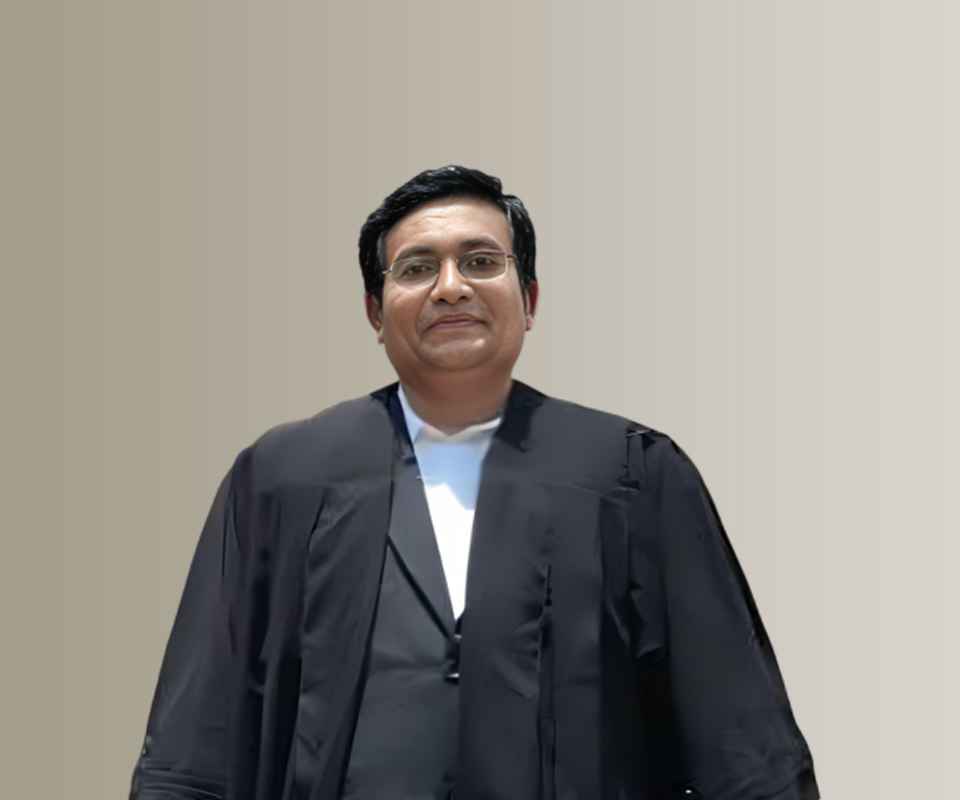Answer By law4u team
Constitution Of India Article 14: Equality Before Law
14. Equality before law.—The State shall not deny to any person equality before the law or the equal protection of the laws within the territory of India.
Brief Detail
Article 14 guarantees that every individual is equal before the law and entitled to equal protection under the law within the territory of India. It prohibits discrimination and ensures fairness in legal matters, establishing the principle of the rule of law.
Question
Q1: What does Article 14 guarantee?
A1: Article 14 guarantees equality before the law and equal protection of the laws to all persons within India.
Q2: Does Article 14 apply to all persons?
A2: Yes, Article 14 applies to all persons within the territory of India, including citizens, non-citizens, and legal entities.
Q3: What is the difference between equality before the law and equal protection of the laws?
A3: Equality before the law implies that no one is above the law, while equal protection of the laws ensures that all individuals are treated equally in similar circumstances.
Example
Example 1: If a law discriminates against a particular community without a reasonable basis, it will be deemed unconstitutional under Article 14.
Example 2: Government actions, such as providing equal access to public facilities for all citizens, uphold the principle of Article 14.
Summary
Article 14 ensures that no person is above the law and everyone is treated equally under similar circumstances. It embodies the principles of non-discrimination and fairness, forming the foundation of the rule of law in India.







